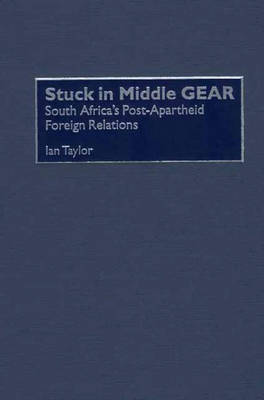South Africa's post-apartheid foreign policy has been a bundle of contradictions and ambiguities. The accession by leading fractions of the African National Congress to the ongoing discourse of neo-liberalism has led to the policy making elite playing to two distinct audiences: its Leftist-inclined constituency within the Government of National Unity and externally oriented domestic and international capital. This second audience is increasingly integrating the GNU elite into a group which more and more reflects the concerns, aspirations, and demands of a transnational class elite. This move mirrors South Africa's ongoing incorporation into the international political economy as a global middle-power, a bridgebuilder between the global hegemons and those reluctant to follow their lead.
Taylor's fundamental theoretical approach that underpins the study--namely a neo-gramscian interpretation of the global political economy and the importance of middle powers--sets it apart from other studies of contemporary South African foriegn policy making. He also provides a useful source for Africanists and South Africa specialists in particular. This is partly because of the accessible style of presentation. But it is also because he has chosen case studies of interaction with multilateral groupings and organizations. This approach marks the volume out as being different from the normal assessment of South African foreign policy--particularly the specific multilateral agencies that he has chosen to focus on.
- ISBN10 0275972755
- ISBN13 9780275972752
- Publish Date 30 September 2001
- Publish Status Active
- Publish Country US
- Publisher ABC-CLIO
- Imprint Praeger Publishers Inc
- Format Hardcover
- Pages 208
- Language English
